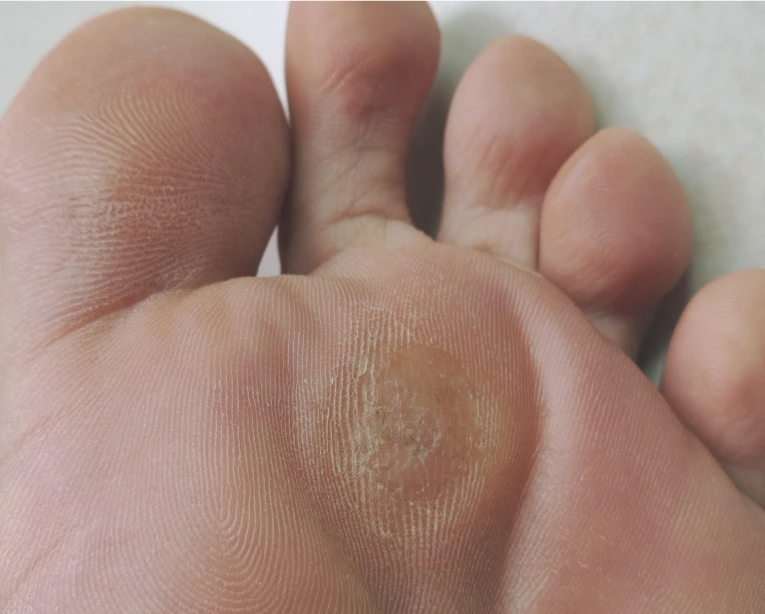What Is Skin Whitening Treatment and How Does It Work?
- aesthatic clinic
.jpg/v1/fill/w_320,h_320/file.jpg)
- Jul 10, 2025
- 2 min read
and youth. Many people across the globe, including in the UAE, are turning to various treatments to address uneven skin tone, pigmentation, or dark spots. Skin Whitening Treatment in Dubai has gained popularity for those who want to brighten their complexion and achieve a more balanced skin tone in a safe and professional environment.
How Do These Treatments Work?
Skin whitening treatments work by reducing the melanin content in the skin. Melanin is the natural pigment responsible for the color of our skin, hair, and eyes. When the skin produces too much melanin, it can lead to dark patches, sun spots, and uneven skin tone.
The most common methods used in whitening treatments include:
Chemical Peels: Mild acids like glycolic, lactic, or mandelic acid are used to exfoliate the top layer of skin, helping to reduce pigmentation.
Laser Therapy: Targets specific pigmented areas, breaking down excess melanin with controlled light energy.
Topical Creams: Prescription-based or dermatologist-approved creams that inhibit melanin production (e.g., hydroquinone, kojic acid, or arbutin).
Microdermabrasion: A mechanical exfoliation process that buffs away the upper layer of the skin to reveal fresher, lighter skin beneath.
Glutathione Injections: Known for their antioxidant properties, they can also assist in reducing melanin formation over time.

Results and Expectations
While most whitening treatments can provide noticeable improvement, it’s essential to have realistic expectations. Whitening treatments won’t make your skin unnaturally pale—they aim to give you a fresher, more even-toned complexion. Some results are immediate, while others develop over several sessions. Consistency and aftercare are key to maintaining the results.
Is It Safe?
When performed by qualified professionals using FDA-approved products or devices, skin whitening treatments are considered safe. However, using over-the-counter or unregulated products can lead to serious side effects, such as skin thinning, irritation, or even permanent damage. That’s why it's crucial to seek treatment in reputable skincare facilities in Dubai.
Who Is a Good Candidate?
Skin whitening treatments are suitable for individuals who have:
Sun damage or tanning
Uneven skin tone
Hyperpigmentation or dark spots
Melasma or hormonal pigmentation
Acne-related dark marks
However, a proper skin assessment is necessary to determine the right treatment plan for your skin type and concerns.
How to Maintain Results
After completing a treatment course, maintaining the results requires commitment:
Wear sunscreen daily to protect the skin from UV damage and prevent pigmentation from returning.
Follow a gentle skincare routine with brightening ingredients like niacinamide and vitamin C.
Stay hydrated and eat antioxidant-rich foods, which support skin health.
Avoid harsh scrubs or bleaching creams, especially those without dermatologist supervision.
The Importance of Consultation
Before starting any whitening treatment, a consultation with a skincare expert is essential. They will evaluate your skin type, pigmentation depth, and medical history to recommend the most suitable procedure. For example, individuals with sensitive or darker skin tones may require gentler approaches compared to those with fair or resilient skin.
Final Thoughts
Skin whitening treatments are not about changing who you are—they're about feeling more comfortable in your skin and addressing concerns that may be affecting your confidence. In Dubai’s climate and cultural mix, these treatments have become a practical and aesthetic solution for many. As with any skin procedure, the key lies in professional guidance, realistic expectations, and consistent aftercare.









Comments